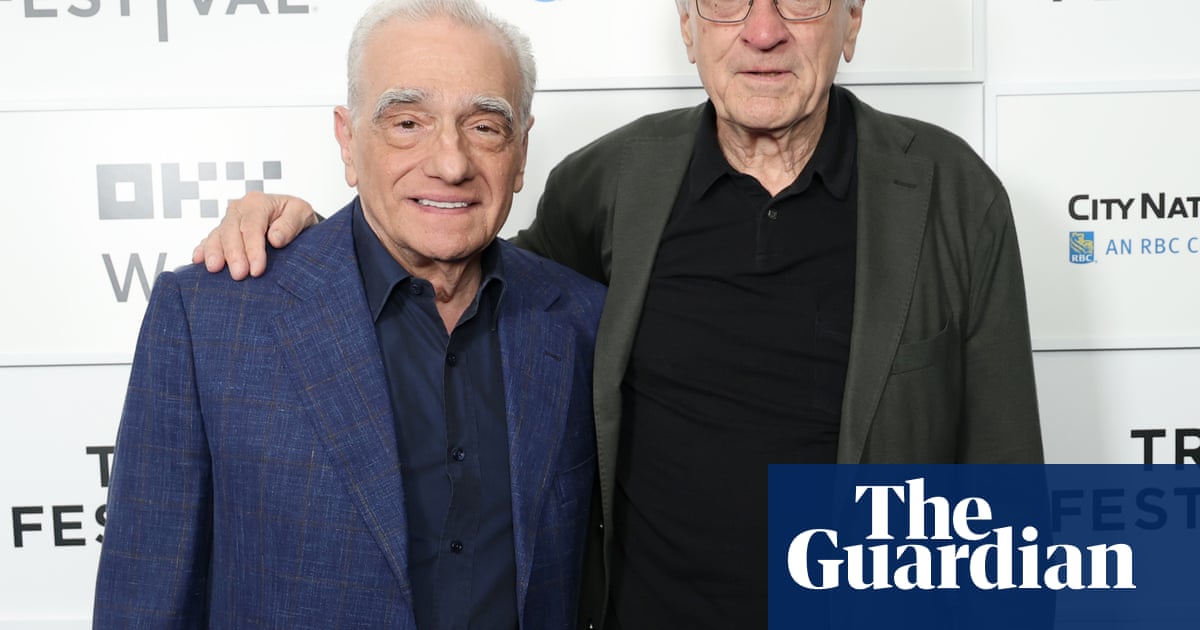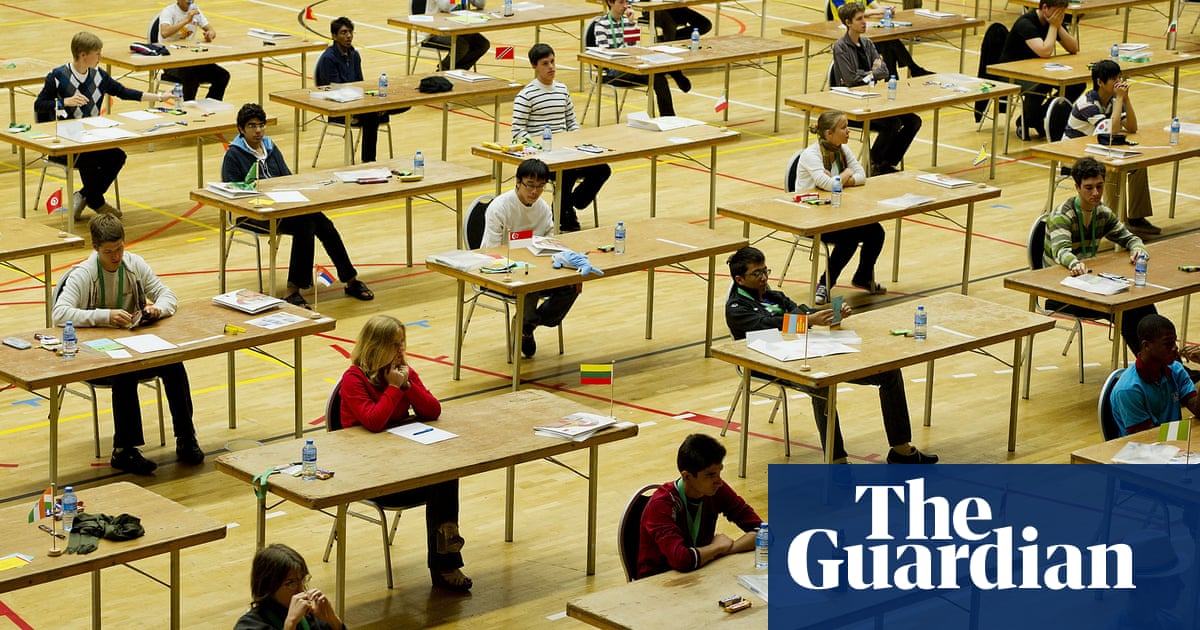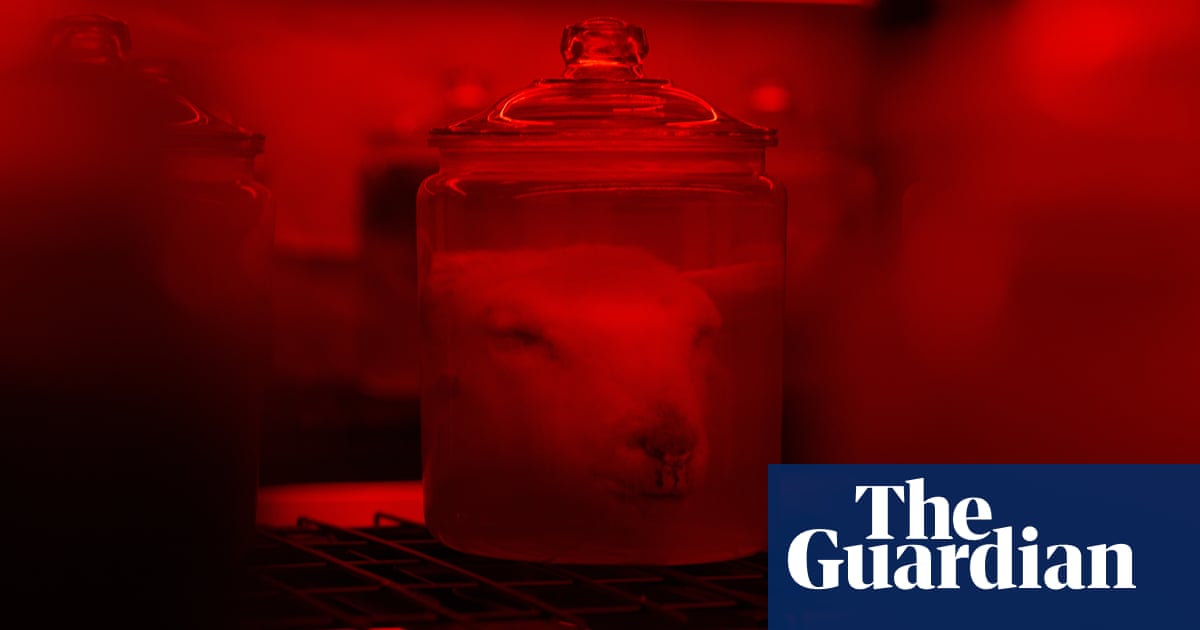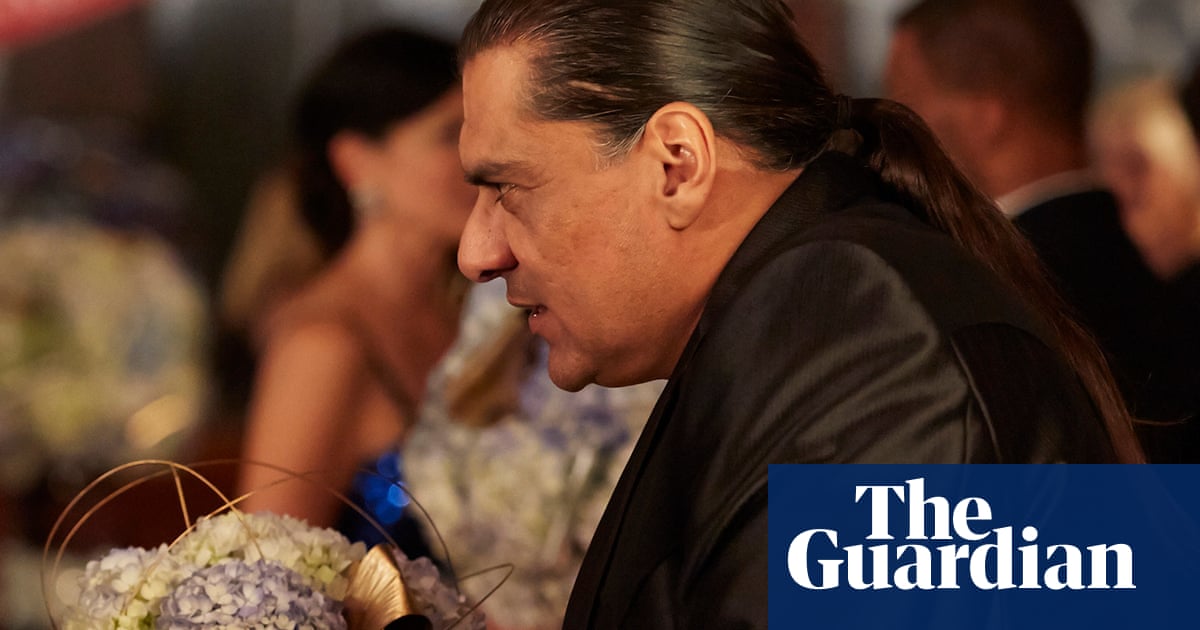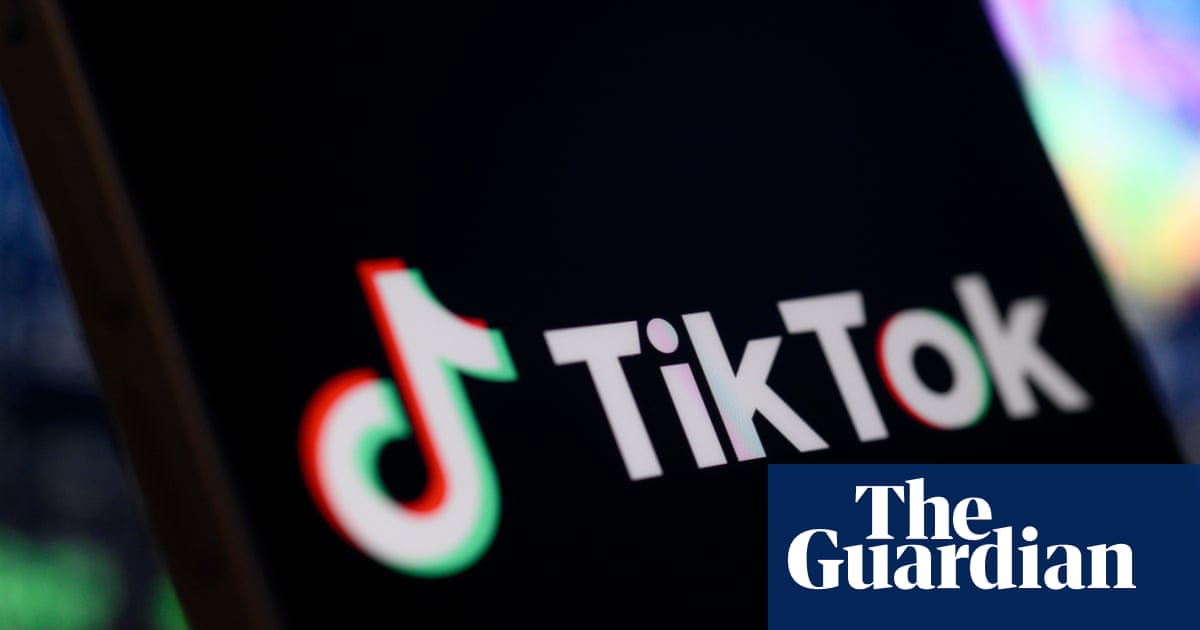Boeing has agreed to pay $1.1bn (£812m) to avoid prosecution over two plane crashes that killed 346 people, in a deal that a lawyer for 16 families of the victims has described as “morally repugnant”.
The plane manufacturer has secured a deal – agreed in principle last month – with the US Department of Justice (DoJ), which includes paying $444.5m to the families of those who died in the crashes of 737 Max jetliners in 2018 and 2019.
The company has also agreed to invest $445m towards improving its compliance, safety and quality programmes, according to an agreement signed by the DoJ and Boeing last week, detailed in a US court filing. On top of this, Boeing has already paid $243m of a $487.2m criminal penalty agreed in 2021.
Sanjiv Singh, the counsel for family members of some of the victims of the plane crash in Indonesia in 2018, told the BBC the deal allowed Boeing to “sidestep true criminal accountability”.
The aerospace company has previously said it was “deeply sorry” for the families’ losses and was committed to honouring the memories of the victims by pursuing broad and deep changes within the business.
If the deal is approved by a federal judge, the fraud charge in the criminal case against Boeing will be dismissed.
Two Boeing planes crashed off the coast of Indonesia and in Ethiopia less than five months apart in 2018 and 2019. Many relatives of the victims have spent years pursuing a public trial, more severe penalties for Boeing and the prosecution of former company officials.
In October 2018, 189 people were killed when Lion Air flight 610 fell into the Java Sea off Indonesia. In March 2019, Ethiopian Airlines flight 302 crashed shortly after takeoff from Addis Ababa airport, which killed 157 people.
Both incidents were linked to faulty flight control systems. The second crash prompted the grounding of the 737 Max plane for almost two years.
The company avoided prosecution in 2021 after it reached a settlement with the US DoJ, which included the $243.6m fine.
after newsletter promotion
However, last year prosecutors argued that Boeing had violated the terms of the 2021 agreement by failing to make promised changes to detect and prevent violations of federal anti-fraud laws. Last July, Boeing agreed to plead guilty to the felony fraud charge instead of enduring what may have been a lengthy public trial.
However, in December, the US district judge Reed O’Connor in Fort Worth rejected the deal. The judge said the diversity, equity and inclusion policies in government and at Boeing could result in race being a factor in picking an independent monitor to oversee Boeing’s compliance with the agreement. Boeing was approached for comment.
A company spokesperson told the BBC regarding the new agreement with the DoJ: “Boeing is committed to complying with its obligations under this resolution, which include a substantial additional fine and commitments to further institutional improvements and investments.”

 1 day ago
13
1 day ago
13

